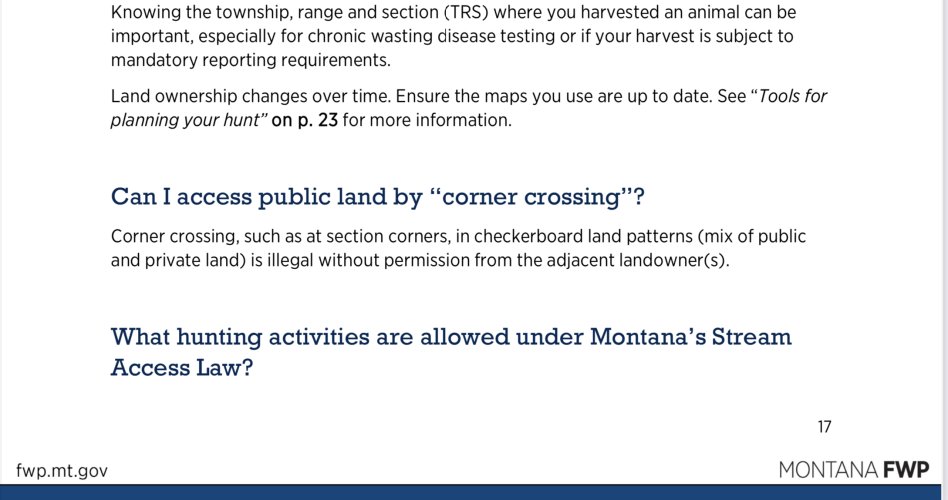cgasner1
Well-known member
- Joined
- Apr 24, 2016
- Messages
- 5,120
Like I said earlier in this it would be interesting to see what would interesting to see what would come of a dead bull that was accessed from corner crossing with a outfitter finding out while it’s being packed. If someone really wanted to test it now be east enough to go find some sheds






